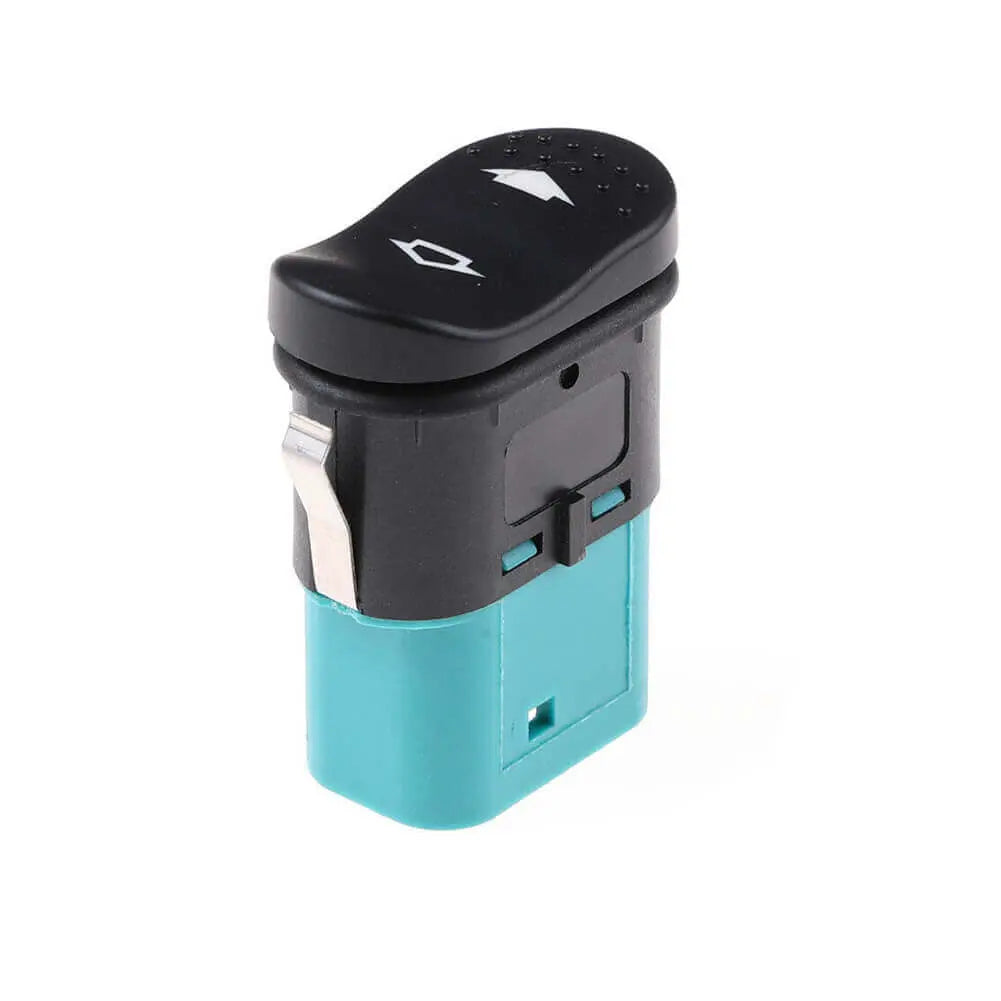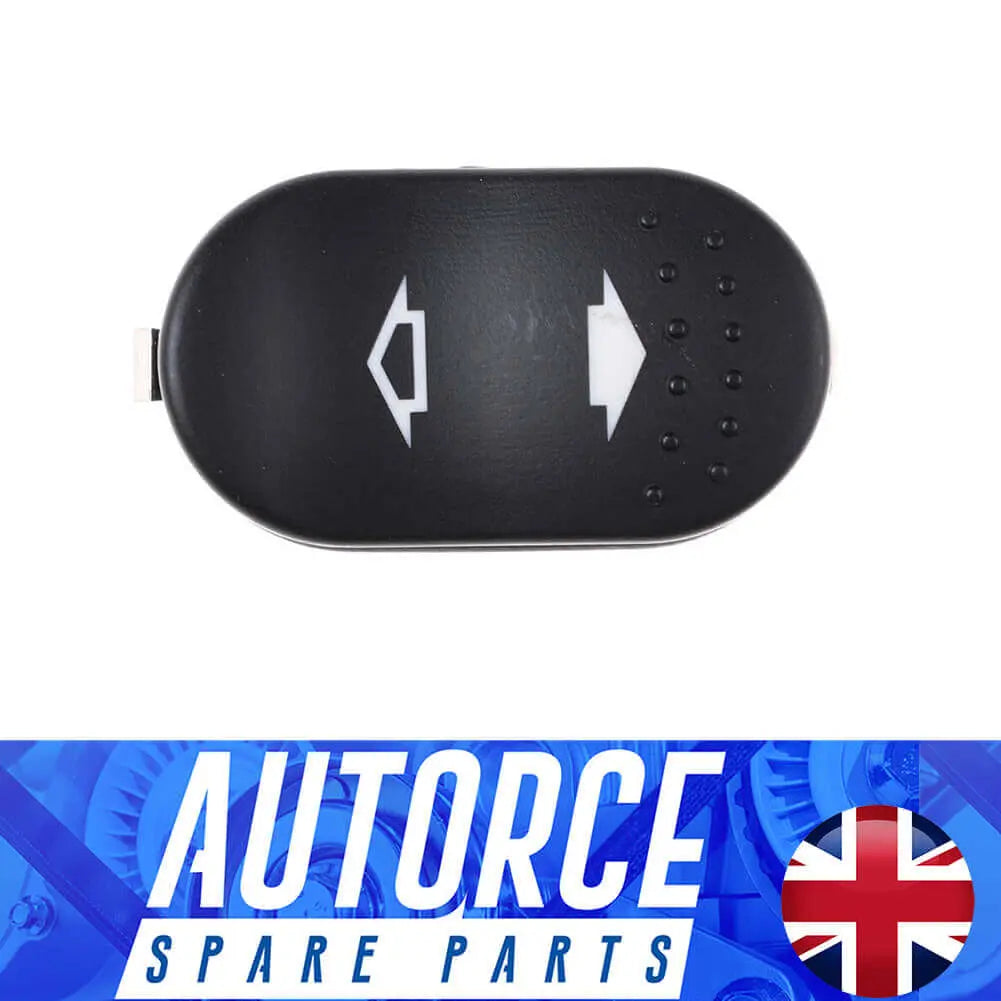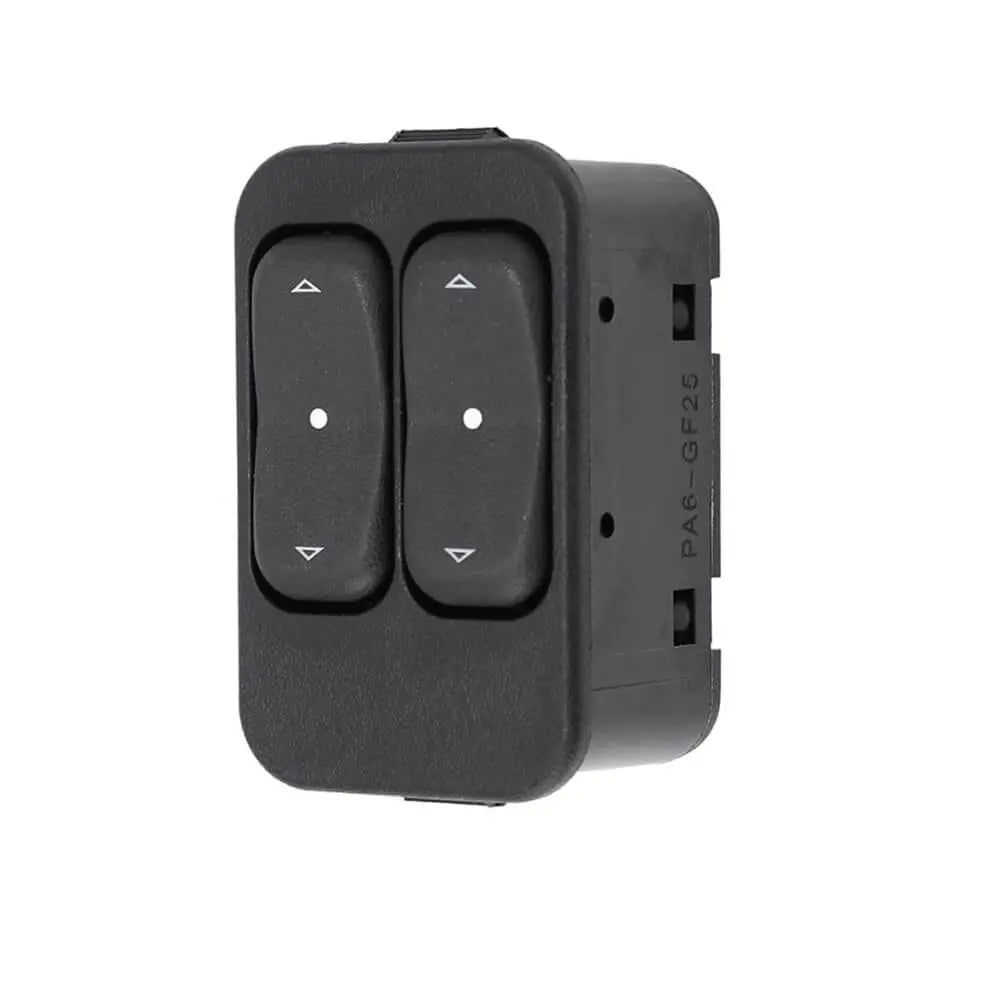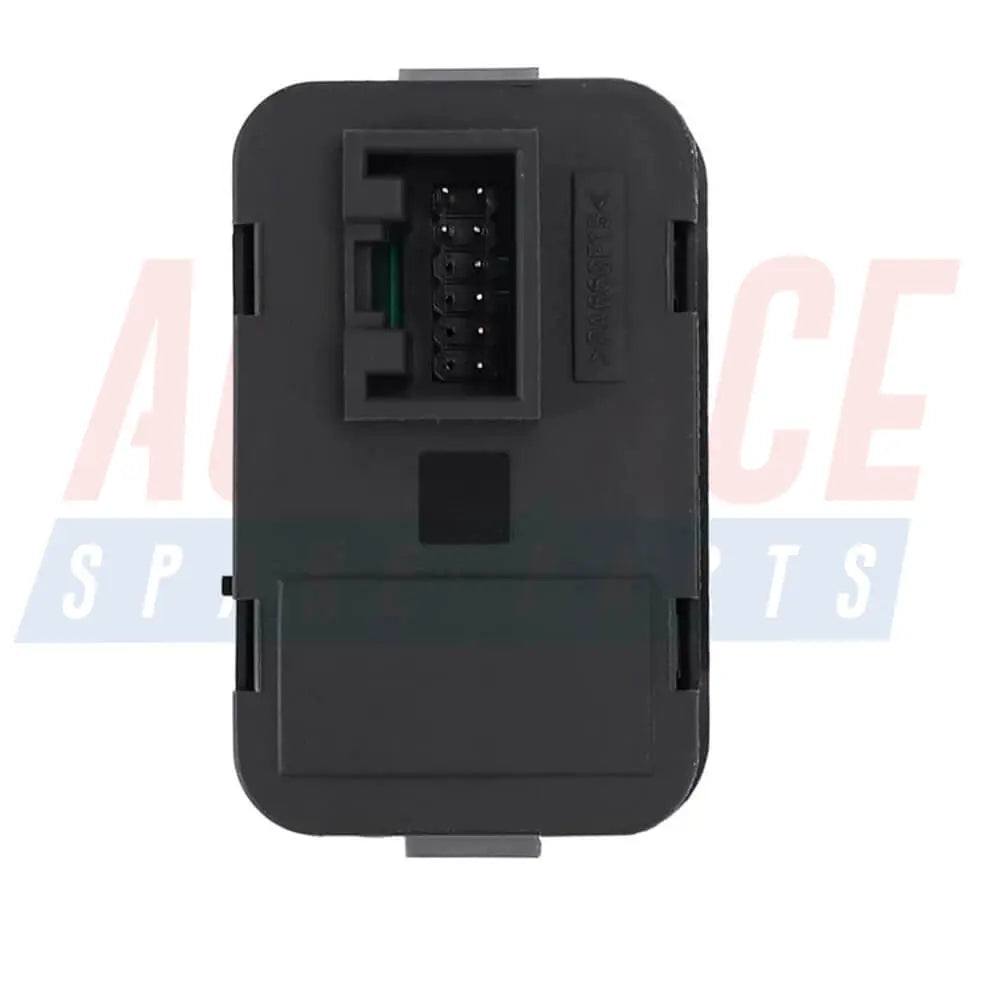Shop by Category
Window Switch
2 products
Showing 1 - 2 of 2 products
The Evolution of Car Window Switches: Enhancing Comfort and Convenience
In the world of automotive engineering, the pursuit of comfort and convenience has been a driving force behind technological advancements. One of the most underrated yet crucial components contributing to this endeavor is the car window switch. Since its inception, this unassuming device has come a long way, transforming the way drivers and passengers interact with their vehicle's windows. In this article, we'll explore the evolution of car window switches, the innovative technologies that have emerged, and the impact they have had on the overall driving experience.The Early Days:
In the early automotive era, car windows were manually operated with a hand crank. Although these hand cranks served their purpose, rolling down or up the windows required physical effort, making the process cumbersome and time-consuming. Moreover, operating windows from the driver's seat was nearly impossible, necessitating the driver to reach out to each window to adjust it.Power Window Revolution:
The introduction of power windows in the mid-20th century marked a significant turning point in the history of automotive comfort. Power windows enabled the driver to control all windows with a simple press of a button, eliminating the need for manual effort and enhancing the overall convenience for both the driver and passengers.Single Window Controls:
Initially, power window systems featured individual switches for each window. While this was a notable improvement over manual cranks, it still posed some challenges. Passengers sitting at the back had limited control over their own windows, depending on the driver to adjust them. Additionally, locating specific switches quickly proved challenging for the driver, especially during night-time driving.Master Window Switches:
Recognizing the need for improved usability, automakers introduced the concept of master window switches. Master switches consolidated the control of all windows on a single panel, typically located on the driver's door. This allowed the driver to control all windows efficiently, enhancing safety by minimizing distractions.Auto-Up and Auto-Down Features:
In pursuit of further innovation, auto manufacturers integrated auto-up and auto-down functionalities into the window switches. With the auto-up feature, a single quick press of the switch automatically raises the window fully without the need for continuous holding. The auto-down feature performs a similar function, quickly lowering the window entirely. These features have not only added convenience but have also been useful in emergency situations.Anti-Pinch Technology:
To enhance safety and prevent injuries, anti-pinch technology was introduced. If the window encounters an obstruction while closing, the system automatically reverses the window's direction to avoid trapping objects or body parts. This feature provides peace of mind for parents with young children, preventing accidents and injuries.Integration with Vehicle Electronics:
As vehicle electronics advanced, car window switches became an integral part of the overall control system. Integrated with central locking, alarm systems, and other vehicle features, window switches contribute to a seamless user experience and bolster vehicle security.The car window switch, once a rudimentary hand crank, has evolved significantly over the years, becoming a symbol of enhanced comfort, convenience, and safety in modern vehicles. From manual effort to power windows, from individual controls to master switches, and from basic functionality to sophisticated features, the window switch has played a vital role in improving the overall driving experience. As automotive technology continues to progress, we can anticipate further innovations that will continue to prioritize passenger comfort, safety, and convenience.
Showing 1 - 2 of 2 products
Display
View


Front Door Power Window Control Switch 6 Pin For FORD Transit Mk7 1383293, 5C1T14529AA
Sale price£4.00
No reviews
In stock

Electric Window Switch OPEL Astra Zafira - 24411030, 93350565, 93350573
Sale price£12.90
No reviews
In stock
Filters (0)
